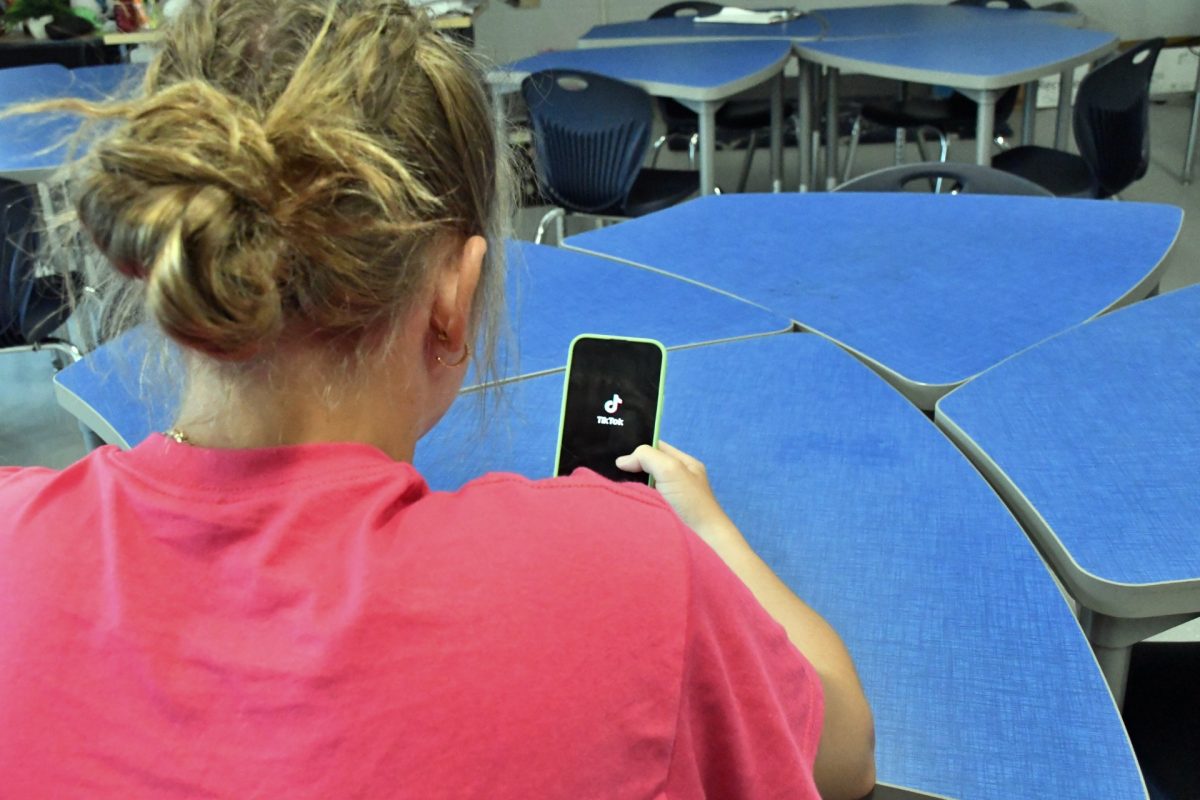TikTok could be banned in the U.S. in about nine months after a bipartisan bill went into law to address worries about how the Chinese company may pose a threat to national security.
Members of congress from both parties are concerned with how China can manipulate the information on the app to influence its users.
The popular platform is a source of news for 22% of TikTok users, according to a CBS news article, and there is evidence to suggest that TikTok suppresses stories unfavorable to the Chinese government.
TikTok is owned by the Chinese company ByteDance.
Mark Warner (D-Va.), the chairman of the Senate Select Committee on Intelligence, said in a statement that ByteDance is “legally required to do the bidding of the Chinese Communist Party.”
Two research groups affiliated with Rutgers University found evidence to support that TikTok does limit or censor some stories.
They compared various topics across both TikTok and Instagram and found that topics considered sensitive to the Chinese government were far less likely to appear on TikTok.
Some have argued that TikTok content is more supportive of Palestine and more critical of Israel, which is similar to the position of the Chinese government, but ByteDance claimed in a press release that teenagers simply tend to support Palestine more and that “The pro-Palestine content on TikTok isn’t due to the app’s algorithm.”
Many of the lawmakers voted for the ban because they likely agree with Warner and Senator Marco Rubio (R-Fla.), who released a statement in March that said, “We are united in our concern about the national security threat posed by TikTok–a platform with enormous power to influence and divide Americans.”
Days before a vote on the bill in the House of Representatives in March, TikTok reached out to its users and prompted them to put in their zip code, and gave them the name of their congressperson and told them to call them to speak out against the bill.
For some legislators, this act by TikTok made the passing of the bill more urgent.
The Senate passed the legislation on April 23, and President Joe Biden signed it into law on April 24. ByteDance now has less than a year to sell TikTok to a U.S. company before the ban takes effect.
TikTok has vowed to take the Biden administration to court, claiming the law would suppress the free speech of millions of Americans according to an article by NPR.
“We will not stop fighting and advocating for you,” TikTok CEO Shou Zi Chew said in a video that was posted on the app in March and directed toward the app’s users.
The fact that TikTok is a Chinese-owned company is why it is being scrutinized more than American-owned social media companies.
Facebook and other apps including Instagram, Snapchat, and X–formerly Twitter–contain disturbing and hateful content, but they are not owned by a company in a foreign country competing with the U.S. for global dominance.
Former President Donald Trump is opposed to banning TikTok though he had originally been in favor of it. Trump blames Joe Biden, his opponent in the upcoming presidential election, for the likely ban.






